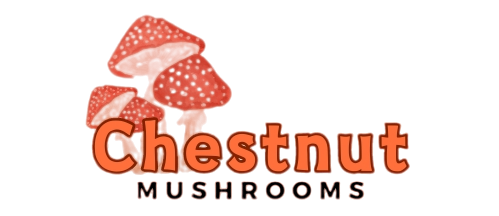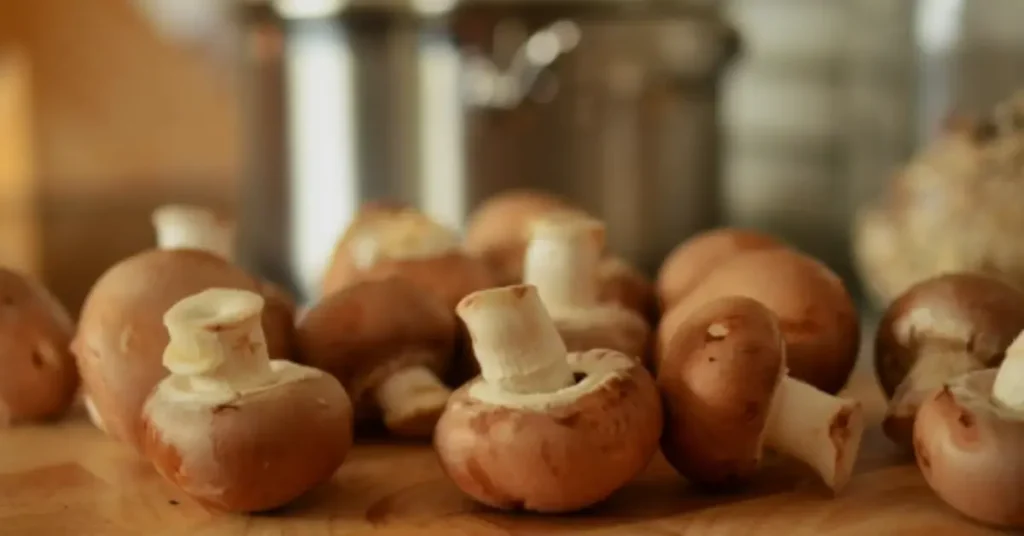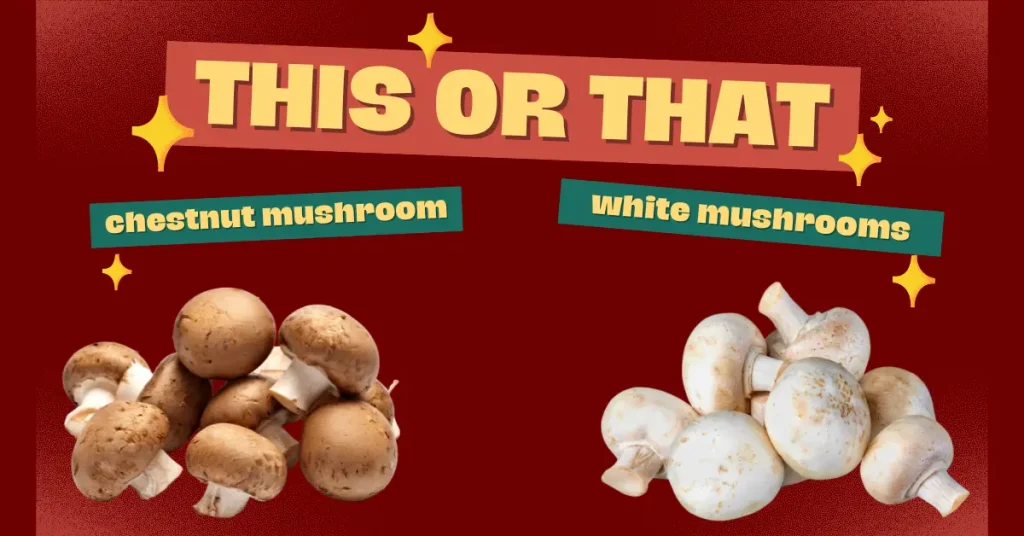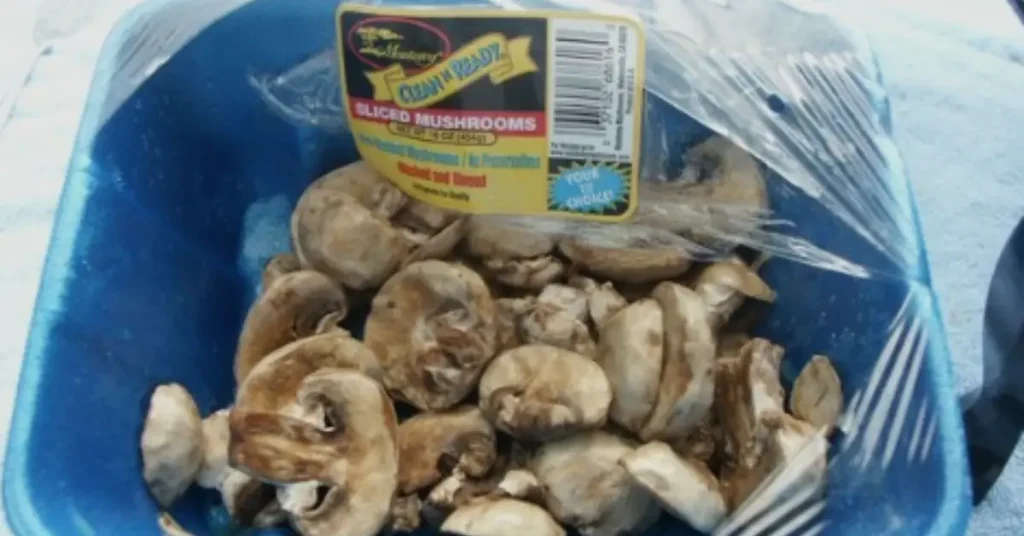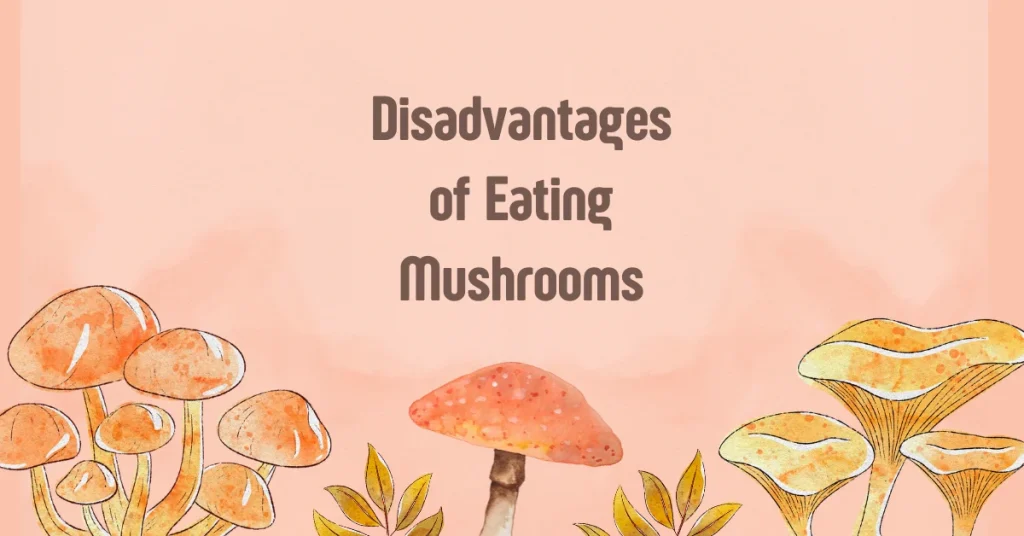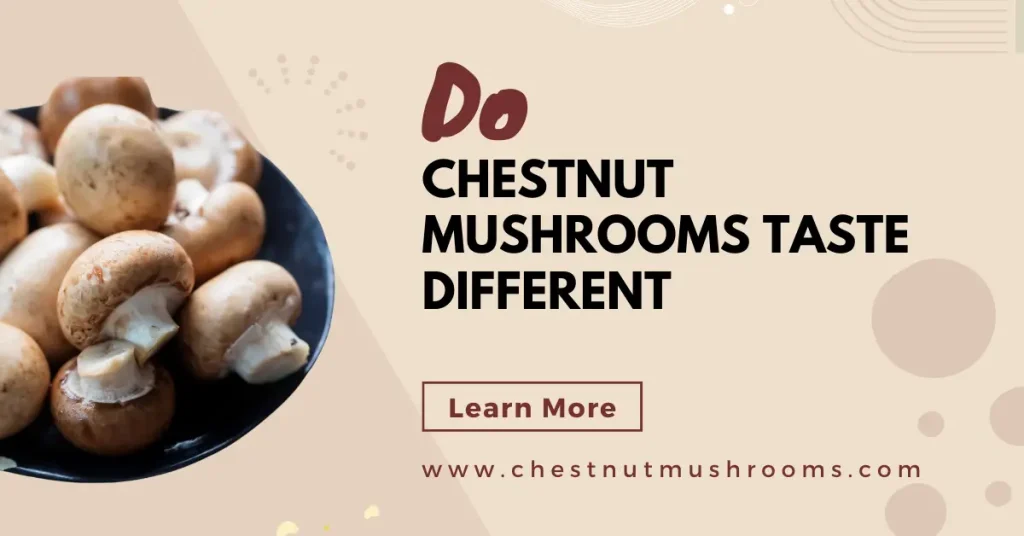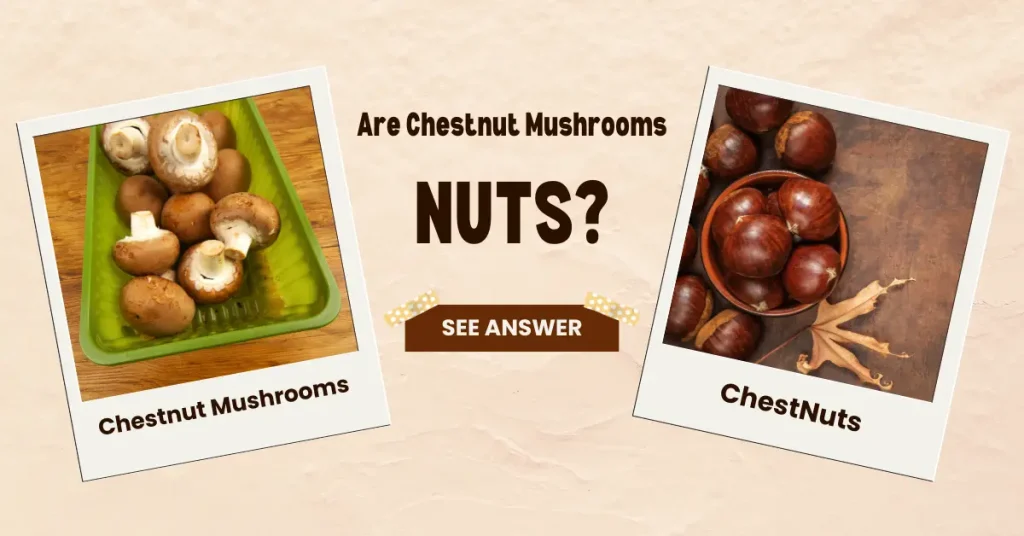Enoki Mushrooms (Flammulina Filiformis)
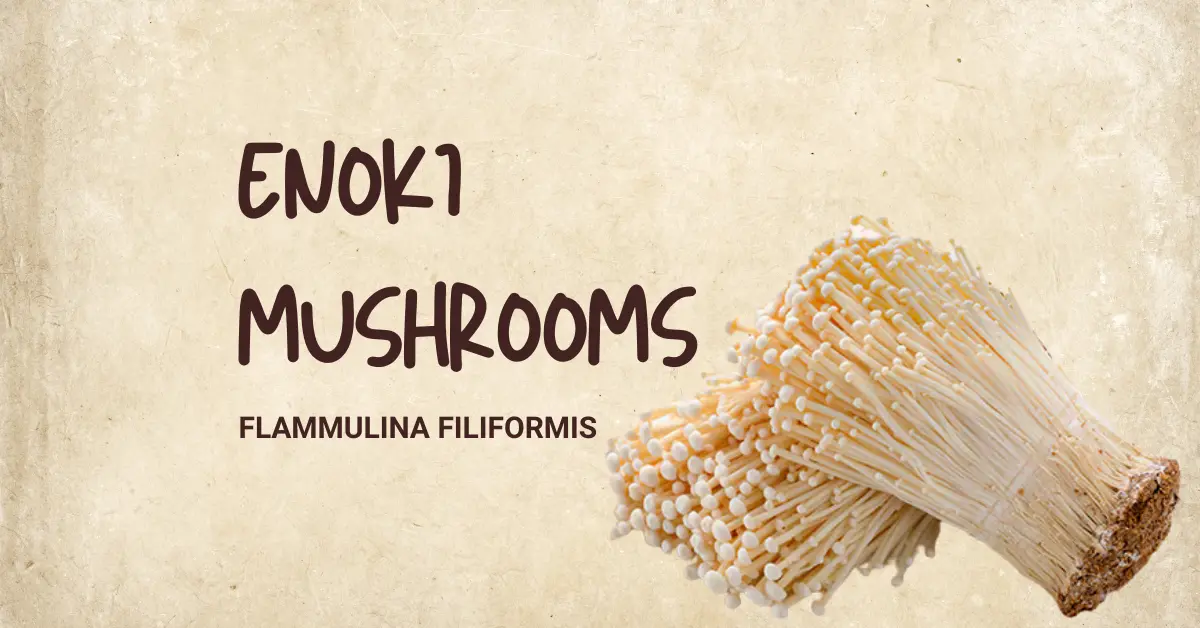
If you’ve ever wandered through an Asian grocery store or ordered a bowl of ramen at a Japanese restaurant, you may have spotted a delicate, white mushroom with long, skinny stems and tiny caps. These are enoki mushrooms—a popular ingredient in Japanese, Korean, and Chinese cooking. Known for their crunchy texture and mild, slightly sweet flavor, enoki mushrooms are versatile and tasty food.
Whether you’re a home cook looking for new ingredients or someone exploring healthy eating options, enoki mushrooms are worth getting to know. They’re easy to cook and they also come with a variety of health benefits. Low in calories and rich in nutrients, enoki mushrooms can support your immune system, improve digestion and add flavor and texture to your meals without added fat or carbs.
In this blog post, we’ll cover everything you need to know about these unique mushrooms—including what they are, where to buy enoki mushrooms, their nutritional value and the health benefits they offer. We’ll also go over how to clean, cook and store them and share simple ways to add them to your favorite dishes.
Whether you’re a beginner or a seasoned food lover, this guide will help you get the most out of this mushroom. Let’s dive in.
What Are Enoki Mushrooms?
Enoki mushrooms, also known as enokitake or golden needle mushrooms, winter mushrooms, velvet shank, come from the species Flammulina velutipes. They are edible fungus and used in cuisines worldwide.
Key Features of Enoki Mushrooms:
- Appearance: Long, thin stems with tiny white or pale yellow caps.
- Texture: Crunchy when raw, tender when cooked.
- Flavor: Mild, slightly sweet, fruity and earthy.
Enoki mushrooms grow on stumps of trees like elm, mulberry, persimmon and ash trees. However, the mushrooms you see in stores are usually cultivated and found worldwide. They’re grown in dark, humid environments. They’re grown on a substrate or medium containing sawdust with corn cob, rice bran, and other organic material.
They’re sold in small bundles, with all the thin stems connected at the base. Their texture is firm and crunchy and they have a mild, slightly fruity or nutty taste. This is the reason they are liked to be added to soups, noodles, stir-fries, hot pots and more.
Enoki Mushroom Nutrition
Enoki mushrooms are low in calories but rich in nutrients, an excellent food for healthy eating. Here’s a quick look at the nutritional profile per 100 grams (about 1 cup, raw):
- Calories: 24
- Protein: 2 gram
- Carbohydrates: 5 gram
- Fiber: 2 gram
- Fat: 0.2 gram
- Rich in Vitamins: Good source of B vitamins, including riboflavin (B2), niacin (B3), pantothenic acid (B5), and folate (B9).
They’re also high in ergothioneine, a powerful antioxidant found in many mushrooms, which may help reduce inflammation and protect your cells from damage. Moreover, they are low in sodium and cholesterol-free. Enoki mushrooms are particularly high in niacin, a micronutrient your body uses to regulate cholesterol and promote brain health.
Enoki Mushrooms Benefits
Enoki mushrooms are edible mushrooms and like all other edible mushrooms, they offer several health benefits:
Packed with Antioxidants
Our bodies are constantly exposed to free radicals, unstable particles that can damage cells and speed up aging or illness. Enoki mushrooms are rich in antioxidants such as vitamin C, vitamin E, selenium, and plant compounds like polyphenols and polysaccharides.
These antioxidants help:
- Protect your cells from oxidative damage.
- Lower the risk of chronic conditions like heart disease, diabetes and cancer.
- Support healthier skin and slow down signs of aging.
May Help Slow Cancer Growth
Several studies suggest that enoki mushrooms have anti-cancer properties. Compounds such as sesquiterpenes, phenols (like ellagic acid and p-coumaric acid), and a protein called FVE may help slow the growth of cancer cells.
Research has linked enoki mushroom extracts to reduced growth of:
- Liver cancer
- Breast cancer
- Stomach cancer
- Cervical cancer
- Lung cancer
While most of these studies were done in animals or test tubes, therefore, further research should be conducted to determine how enoki mushrooms may affect cancer growth in humans when consumed in normal food amounts.
Supports a Strong Immune System
Your immune system protects you from infections, allergies, and inflammation. Enoki mushrooms contain immune-boosting compounds like:
- Polysaccharides – plant-based compounds that regulate immunity
- FVE protein – known for stimulating immune responses
- Ribosome-inactivating proteins – which may help fight off viruses and bacteria
These properties make enoki mushrooms helpful in strengthening your defenses against illnesses and keeping your body’s immune system balanced.
Promotes Heart Health
Heart disease often starts with high cholesterol, inflammation, and clogged arteries. Enoki mushrooms contain several compounds that protect your heart, including:
- Fiber – lowers cholesterol levels naturally
- Polyphenols – prevent “bad” LDL cholesterol from oxidizing and clogging arteries
- Lovastatin – a natural compound known to reduce cholesterol
- Linoleic acid and gamma-aminobutyric acid (GABA) – may help lower blood pressure and reduce clotting risk
By reducing cholesterol, improving blood flow, and lowering inflammation, enoki mushrooms support a healthier heart and lower the risk of stroke or heart disease.
Good for Digestion
Enoki mushrooms are a good source of dietary fiber, which supports gut health and helps maintain regular digestion.
Low-Calorie and Filling
Because they are high in fiber and low in fat, enoki mushrooms can help you feel full without adding a lot of calories—ideal for weight management.
May Improve Brain Function and Memory
The brain is especially vulnerable to oxidative stress, which can contribute to conditions like Alzheimer’s disease. The antioxidants and polysaccharides in enoki mushrooms protect brain cells and may help improve memory and learning.
Studies in animals show that enoki mushroom extracts:
- Reduce oxidative damage in brain cells
- Improve memory and learning ability
- Help regulate neurotransmitters like dopamine, serotonin, and acetylcholine, which are essential for focus and mood
This suggests enoki mushrooms could play a role in supporting long-term brain health.
Easy to Add to Your Diet
Enoki mushrooms aren’t just healthy—they’re also versatile and delicious. Their crunchy texture and mild taste blend well with many dishes. You can enjoy them:
- Lightly sautéed with garlic and soy sauce
- Added to ramen, miso soup, or hotpot
- Mixed into stir-fries or noodle dishes
- Served raw in fresh salads for extra crunch
Where to Buy Enoki Mushrooms
You can find enoki mushrooms in a few different places:
- Asian grocery stores: These are the most reliable sources. Enoki mushrooms are a common staple in Korean, Japanese and Chinese markets.
- Large supermarkets: Stores like Whole Foods, H-E-B, or Safeway often carry enoki mushrooms in the produce or international section.
- Online retailers: Some specialty food stores and Asian markets sell fresh or dried enoki mushrooms online. Look for reputable sellers to ensure freshness.
When buying, choose mushrooms that are firm, bright white, and free from slimy or dark spots. Avoid any that look soggy or discolored.
How to Cook Enoki Mushrooms
Cooking with enoki mushrooms is easy and quick! Here’s how to prepare them:
- Trim the base of the mushroom cluster to remove the roots.
- Separate the strands with your hands.
- Rinse gently in cold water to remove any dirt.
- Pat dry with a clean towel.
Consuming raw enoki mushrooms may increase the risk of listeriosis or food poisoning. To stay safe, always wash them thoroughly and cook them well before eating.
Author Name
Simple Cooking Ideas:
- Sauté: Heat a little oil, add garlic, then toss in the mushrooms. Cook for 2–3 minutes. Add soy sauce or sesame oil to finish.
- Ramen or soup: Add raw enoki mushrooms directly into hot broth. They’ll cook instantly!
- Stir-fry: Add them during the last minute of cooking so they stay crisp.
- Grilled or wrapped in bacon: A popular street food option in Japan.
To retain the crunchy texture, cook enoki mushrooms for a very short time. If you want them tender and chewy, cook them for longer.
How to Store Enoki Mushrooms
Enoki mushrooms are often sold in sealed plastic packaging, which can trap moisture and cause them to spoil faster. Here’s how to store them properly:
- Short-term (1–2 days): Keep them in their original packaging in the fridge.
- Longer storage (up to 7 days): Remove from plastic and store in a paper bag, loosely closed, in your fridge’s crisper drawer.
Avoid washing them until you’re ready to cook, as added moisture can make them spoil faster.
Enoki mushrooms are more than just a tasty ingredient—they’re a superfood rich in antioxidants, immune-boosting compounds, and heart-protective nutrients. They may help fight inflammation, support brain function, and even slow cancer cell growth.
Including them regularly in your meals can be a simple, delicious way to improve your overall health.
Plus, with their low calorie count, high fiber, and rich nutritional content, they are good for weight management.
Are you giving them a try in your next meal?

Hi, I am Nazish Arif. I am a Food Scientist. On this Blog, I do share insights about Chestnut Mushrooms, Mushrooms Recipes, along with information of other mushrooms as well.
